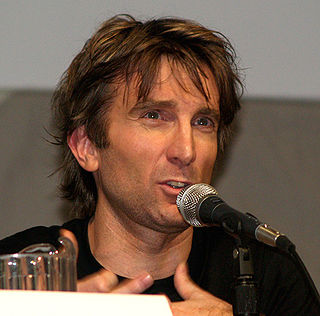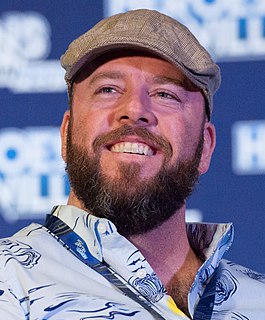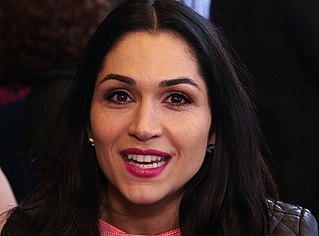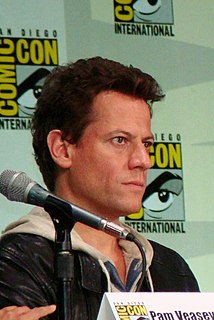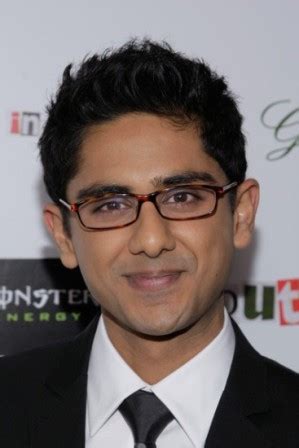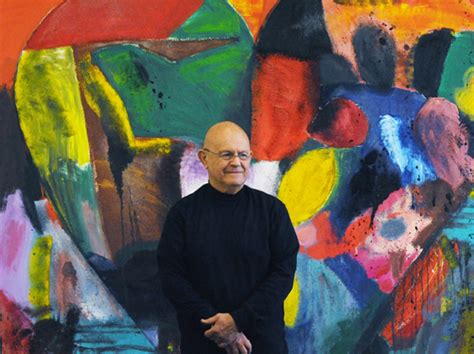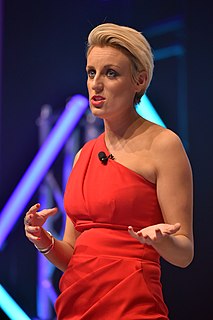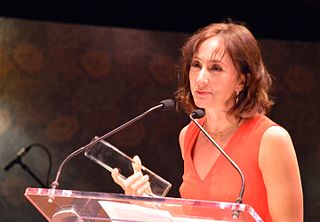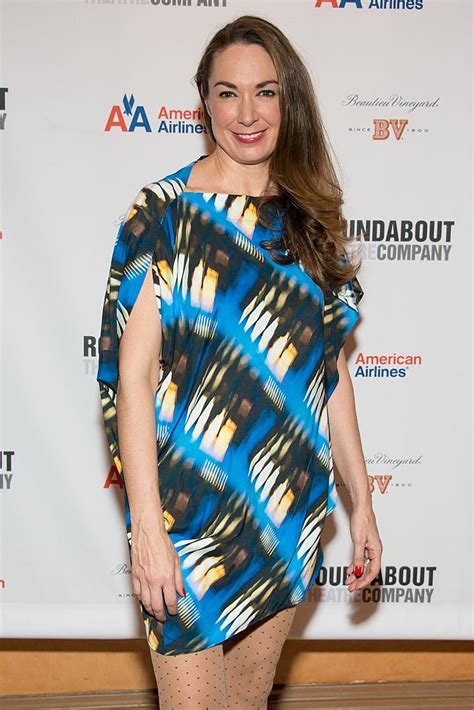A Quote by Sharlto Copley
The accent is always critical for me because it informs a lot of the character.
Related Quotes
It's really an organic sort of process. You start off with the character on the page. You fall in love with that character and you have to represent that character well and I think it's just an evolution there. Using the accent and speaking the lines with the accent in fact opens the door to who the character really is.
It makes it easier, if you can't do an American accent. I don't know. It's different. I played a character in Never Let Me Go where the script for my character was very sparse, and I enjoyed it. With Never Let Me Go, I had a whole book written from my character's point of view, so I always knew where I was. But, with Ryan [Gosling], it was just easy. He's such a brilliant actor and he is so prepared. He doesn't have to warm himself up to be in a scene. He's just in it. It draws you in, in a way.
I had this very strict rule when I began auditioning that I wasn't gonna do a thicker accent, because it was like, 'I can't tell if it's supposed to be funny because he talks funny.' And now I feel like there are certain characters that I could play that could involve doing a thicker accent, as long as it's specific to that character.
